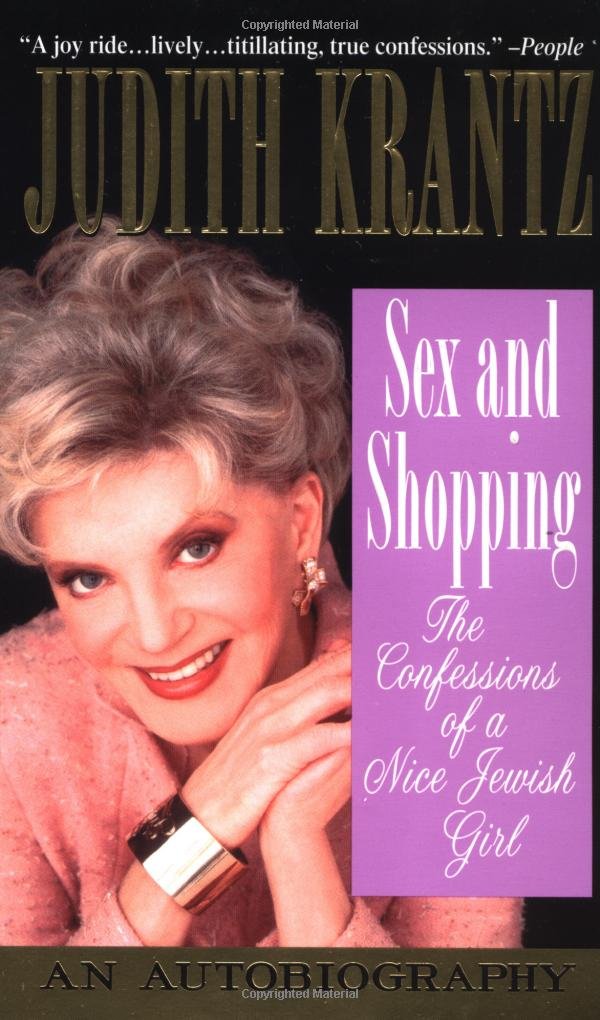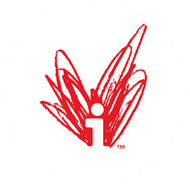So, while I was thinking about who I would write an "in memoriam" tribute to, there has been a discussion this past month over Joseph Campbell and James Tiptree (Alice Sheldon), and the awards named after them. It has put me in mind of legacy, specifically the legacies we each are building for ourselves here and now.
(For the record, I am for renaming both awards, but that’s largely academic: official decisions have been made on both scores and my opinion matters not one bit. But that’s tangential to what I want to talk about.)
As I’ve been navigating this business of being a professional writer, I’ve been thinking more and more about Legacy, what we build today and what we’re going to be leaving behind for the future. I addressed some of that in my speech at ArmadilloCon:
“We have to be able to accept that some of the great masters of yesterday might have become the forgotten trivia of today. Just as we have to accept that the fresh new genius of today, might become the problematic favorites of tomorrow.”
In the past, Campbell’s troubling opinions and Sheldon’s final acts in this world were largely— often intentionally— overlooked in favor of honoring the impact their work had. But Legacy is never just about the work, is it? That’s why this conversation is being had now, after all. Every aspect of the work, of their personhood, that’s a matter of record. But the opinion of how and why those matter has shifted, and the Legacy shifts with it. This is very much a Good Thing, that the old skeletons are dragged out of the closet and re-examined. But it’s also a hard thing to think about, especially the idea that some day, in the future, that skeleton might be your own.
Now, I’m not so egocentric to not be aware that in my case (and in many cases), said legacy might be little more than a footnote: a bit of genre trivia, a smattering of polite applause at the In Memoriam section of an awards show. That is how it goes.
But I also think about one aspect of this business that continues to be surreal to me is how things like the Hugo & Nebula nominees has shifted from “all time giants” to personal friends and acquaintances. It’s humbling and awe-inspiring.
I mean, consider, many of you reading this, especially the Hugo & Neb noms & winners follow me:
You might be one of the All Time Giants of tomorrow.
Which also makes us the potential problematic faves of tomorrow. The venerated special guest at WorldCon 2059 that makes The Young People roll their eyes (or whatever Gen∞ does in ’59) and say, “That old relic? Must we have them?”
And there the things that last beyond us, beyond just the work. The notes, the communications. We hear about, say, the letter Sheldon wrote to Silverberg, held up as an example of her desires and state of mind.
Imagine that email you just sent being given that same weight of history.
Imagine it being held up as evidence of why your name should or should not be on an award.
Imagine, my friends, the idea that your name might be on an award. It's not that radical a notion.
I think about those future genre scholars who might some day pore through our emails and twitter rants and our DMs (OH DEAR LORD, OUR DM’S) and reconstruct us in ways we never intended. Or that someone would even care to do it.
How will our friendships, our enmities, our secret joys and bitter rages be viewed in 30, 40, 50 years? If we are fortunate enough to still matter, in what ways will we matter? How kindly will what we built be looked upon once we’re gone?
These are some of the thoughts that keep me up at night.
I strive to do the best work I can do; to be the best version of myself possible, in the hopes that whatever Legacy I leave, if any, will reflect the person I try to be. That’s the best any of us can hope for.
That said, if you decide to delete some of your mean or cruel DMs, I wouldn’t blame you. You never know where that could end up decades down the line…






















